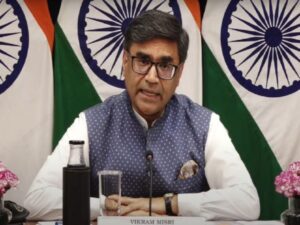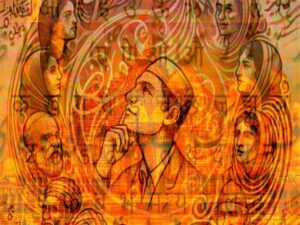Gilgit-Baltistan has long history of neglect like other non-Punjabi areas of Pakistan: Report
Gilgit-Baltistan [PoK], June 4 (ANI): Gilgit-Baltistan has a long history of neglect like other non-Punjabi areas of Pakistan. The area has been challenged with some issues since the early 1950s, wrote Sohan Lal, a post-doctoral fellow at the Indian Council of Social Science Research, New Delhi.
The main issue is Gilgit-Baltistan’s constitutional status. Each and every Pakistani government has ignored the region, and it was only considered as a buffer zone, strategic location, vote bank for Kashmir’s plebiscite, and most significantly as a military barrack (due to security dilemma), writes Sohan Lal.
According to Lal, there is a notion that ‘Pakistan don’t need Gilgit-Baltistan’s people but only its land. So, this makes its people a long-term liability and its land a long-term asset.
At the political level, Gilgit-Baltistan is neither an independent area nor a province. The region has been without a proper government since its liberation, and the current system is a mix of local government bodies and federal agencies that operate under the direct control of the central government.
This has led to a state of affairs where the people of Gilgit-Baltistan have little say in their own governance and their needs are often unnoticed.
Lal wrote the incumbent politicians have little interest in the general public, only visiting for their vote and offering condolences to the poor and despicable.
Additionally, due to this impotence and no representation in the centre: voters in GB are enforced to vote for the ruling party of the centre in local elections; it is an open secret.
Pakistan Military Monitor recently reported that Gilgit Baltistan in Pakistan-occupied Kashmir fears that its government may be toppled after courting controversy over the alleged participation of its police force in the tussle in Lahore between former Prime Minister Imran Khan and the federal government.
Prospects of political instability add to the economic distress as millions began the observance of the holy Ramzan under the shadow of a severe earthquake that hit the region on March 21, causing extensive damage, but sparing human lives.






